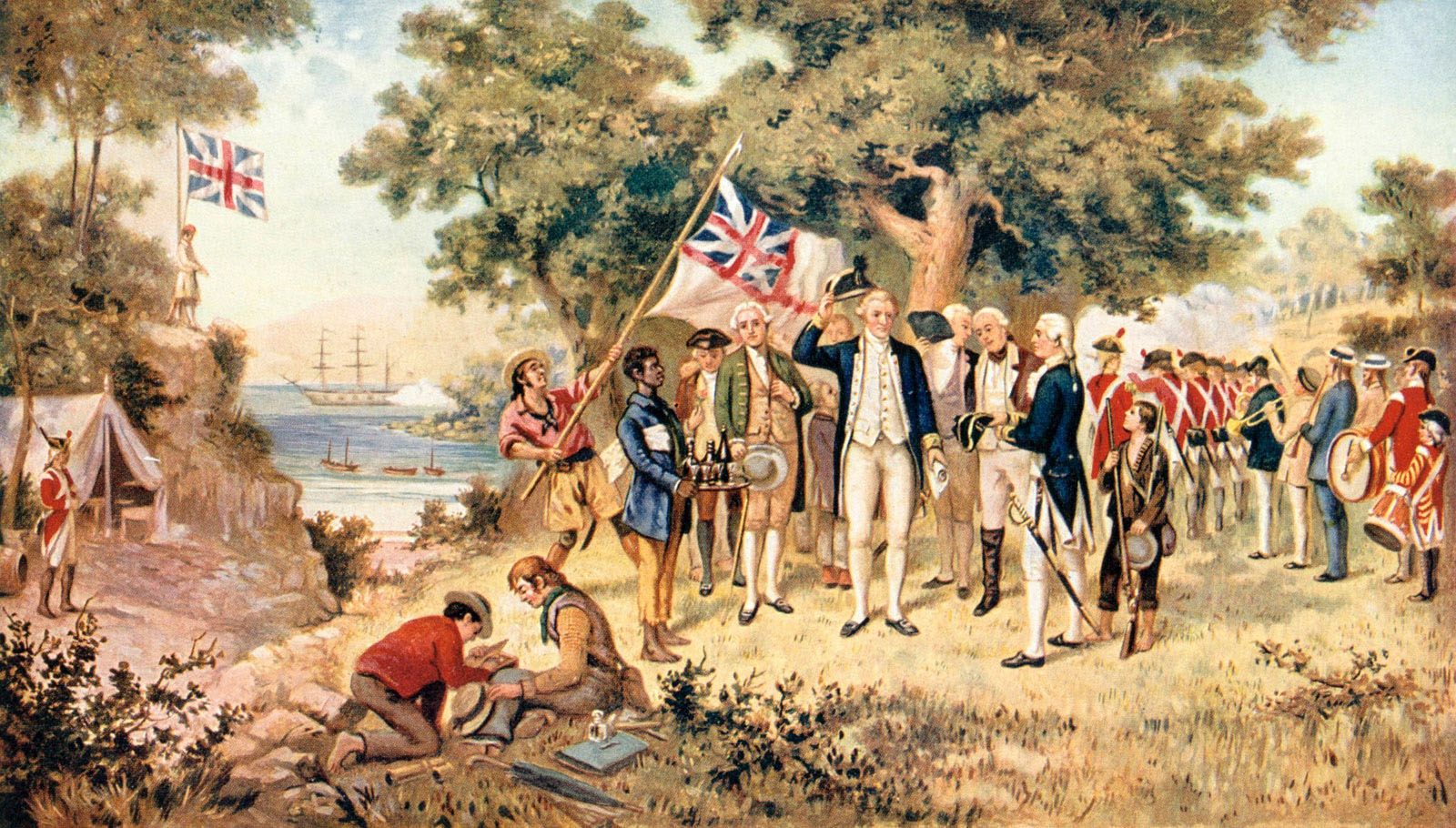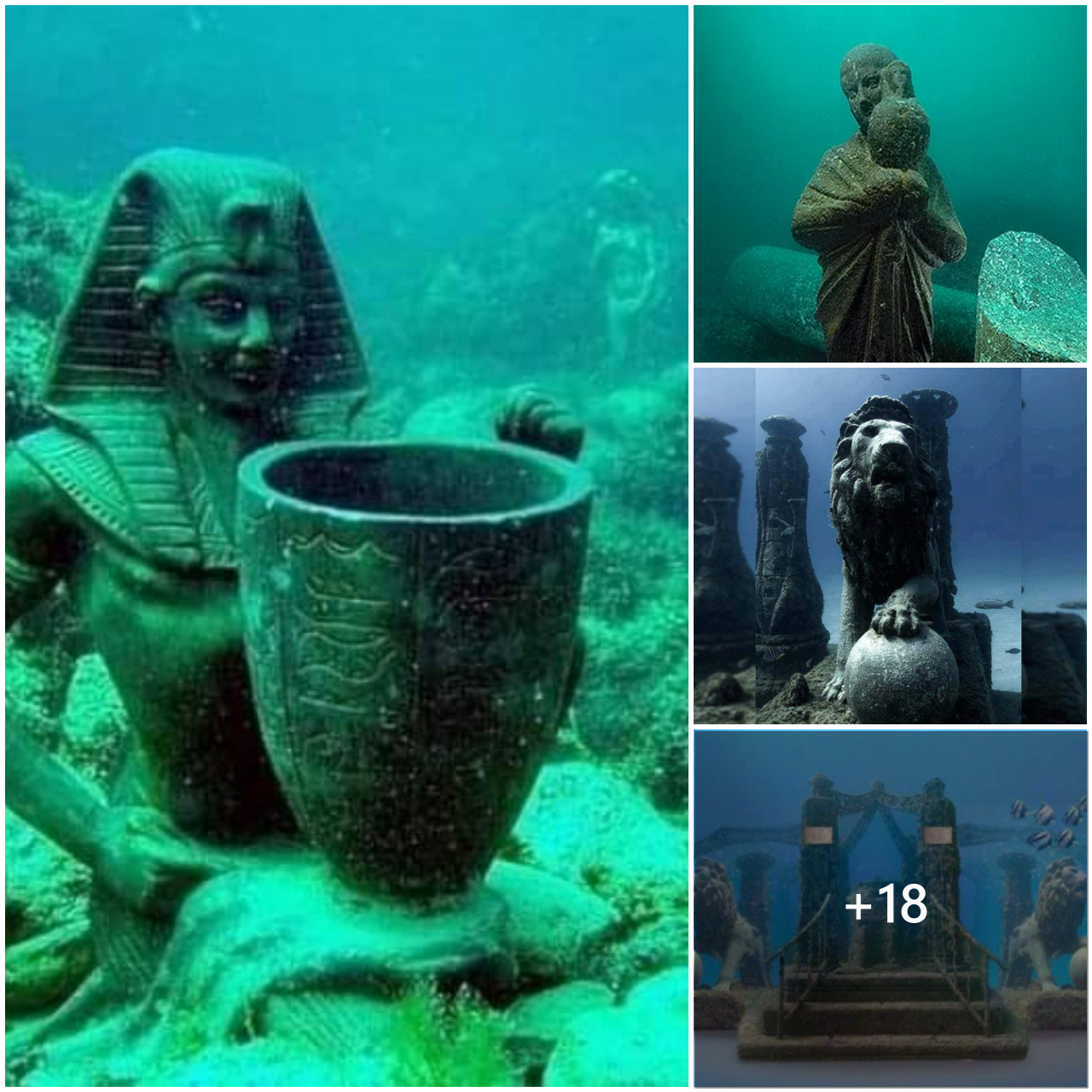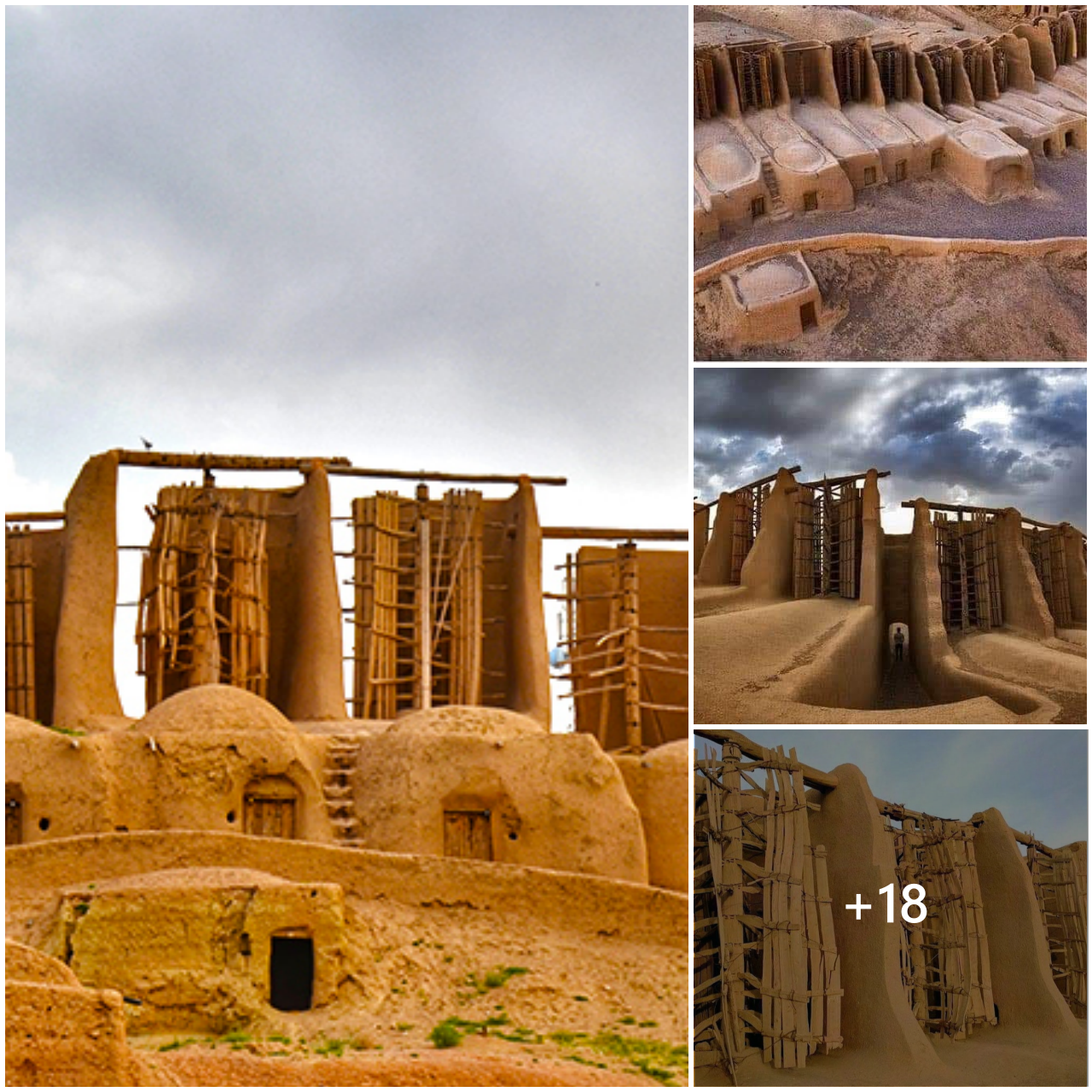Europeans began carving empires by establishing colonies outside their territories in 16th Century AD. While other European powers, such as French and Dutch, also had their empires, British Empire was most widespread.

First British colonies were established in North America, which were later expanded to Caribbean islands, Africa, Asia, and Pacific. About a quarter of the world’s population, approximately 458 million people, lived under it in 1922, at the height of the empire.
British colonised in two broad ways. One, settler colonialism in which British settled and eventually overtook native people, such as in Americas. Two, economic colonialism in which they did not overtake natives but used their resources and labour to enrich their homeland, such as in India and Africa where they exploited native natural resources and labour.
Motivations for colonisation were varied, ranging from belief in “white man’s burden” which refers to European belief that they were civilised people and had to civilise rest of the world they considered uncivilised. There were also economic and religious motivations, as Christian missionaries often set base in colonised lands. Together, these motivations have often been desribed as “3Gs” — Gold, God, Glory.
Not just rulers, but general British public also usually believed in these ideas at the time.
“When the empire was being built, British people largely believed they were doing the right thing. In their eyes, they were improving and developing lands and bringing order to non-white countries which due to racist attitudes, they thought were ‘uncivilised’ and ‘backward’. British also believed they were doing work of God by spreading Christianity, which they considered to be ‘right’ religion,”
Colonial influence did not end in a snap as colonies gained independence. Instead, decolonisation is a long and ongoing process even in countries like United States of America which gained independence much before other colonies. Many of social ills in large parts of the world today can be traced to colonialism, such as from economic inequality between different parts of the world, racism, persecution of native people, erosion of native culture, and gender discrimination.
In Americas, native communities were reduced to a minority. Native people still continue to fight for equality and rights over their resources in USA and Canada. In Africa and Asia, shadow of economic exploitation and seeds of division sown by British continues to this day.
One estimate says that British transferred $45 trillion of wealth from India to UK by 1938. Council of Foreign Relations notes, “The East India Company [and later British government] set regulations on what crops could be grown, where they could be exported, and at what prices they could be sold. It then charged Indians high taxes on land they worked. Unlike most taxes, which are invested back into society, money made from East India Company’s taxes flowed back to Britain.” British reduced India to a source of raw material and eroded its textile output. British also used money and men from India to further expand Empire as soldiers were recruited to fight overseas.
Much of racism today and racial tensions tearing West is also rooted in colonial practices, most notably of slavery and European notion of White people’s superiority over others. Europeans are estimated to have bought and sold 12 million slaves from Africa. Of them, British share is estimated to be 3 million. Slave labour fuelled overseas British plantations and also fuelled Industrial Revolution.
“Slavery made Britain incredibly wealthy. It provided slave owners with unpaid labour to farm expensive items like sugar, tobacco and cotton, which they could sell for huge profits, at expense of enslaved people and their homelands. It also largely funded Britain’s Industrial Revolution, which only went on to make Britain richer.”
© The National Geographic Society Notes






